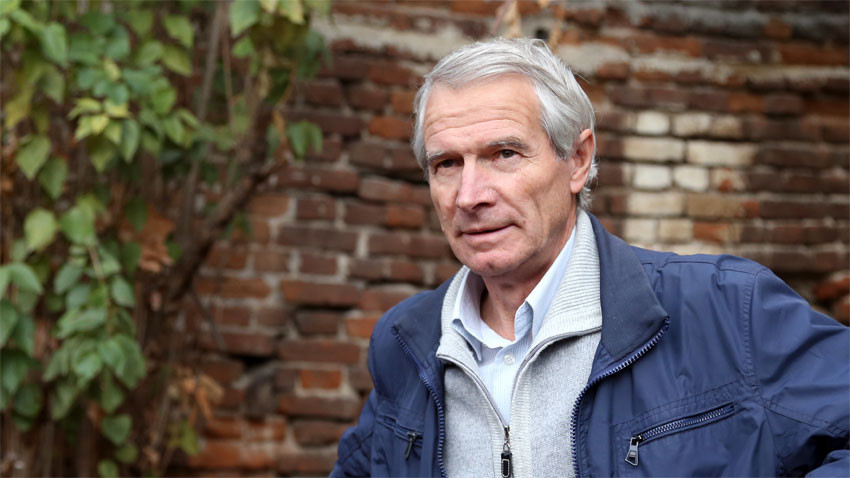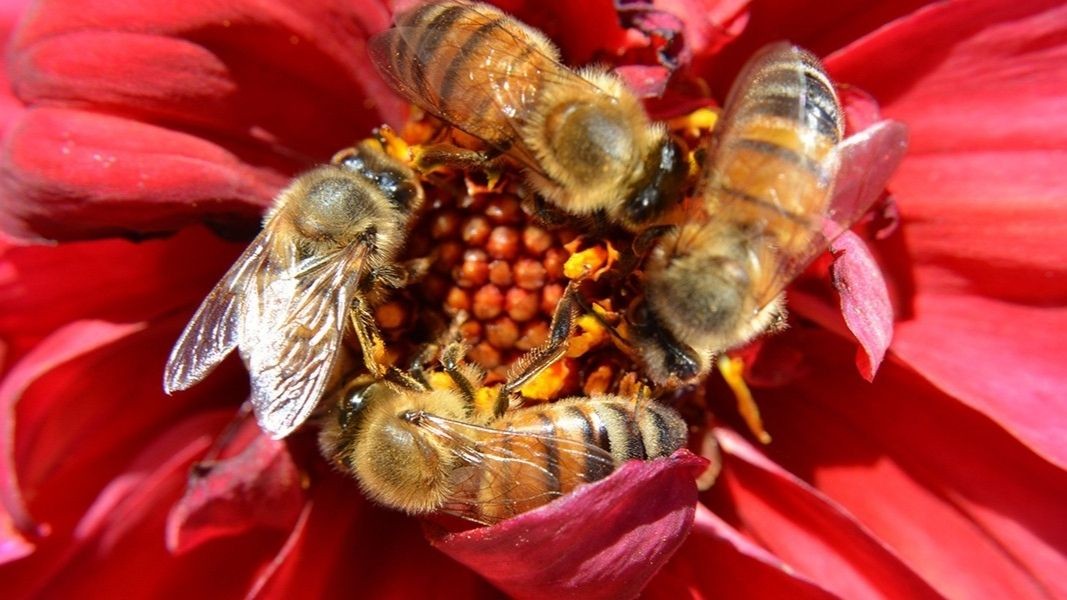Bulgaria is one of the five countries in the world that will participate at a UNESCO project for training of women beekeepers. The programme named “Women for Bees” begins on June 21 in France, on the territory of a bio reserve, where the French Observatory of Apidology (OFA) is located. The initiative aims to encourage women to become apiarists. Focusing on local and native bees, their welfare and maintenance, as well as education on bees, the programme aims to enable women’s empowerment through an expertise-driven sustainable professional activity. Moreover, by 2025, a total of 2,500 hives will be built for native bee species and races within 25 UNESCO biosphere reserves.
The objective for women beekeepers is to create long-term revenue for them and their community, since beekeeping can indeed be an important source of income. After the exchange in France, women beekeepers are to become members of the international network of female beekeepers.
Beekeeping can become a source of income for people living in regions with underdeveloped agriculture. We hope that there will be suitable candidates from Bulgaria to participate at this project, says engineer Mihail Mihaylov, Chairperson of the United Bulgarian Apiculture Union:

“Bulgaria’s apiculture sector has received a world recognition. This country will have its representatives during the entire period of the exchange, which is to take place mainly in France. We have sent letters to the Bulgarian Beekeepers Association, the United Bulgarian Apiculture Union and other trade associations, in order to select the beekeepers who meet the requirements and represent Bulgaria successfully.”
In the recent decades, bee populations have been declining worldwide due to the use of chemicals in agriculture. Bees can be saved through sustainable beekeeping. The “Women for Bees” programme will also contribute to the development of sustainable apiculture.

Compiled by: Gergana Mancheva (based on interview of Bilyana Slavcheva, BNR-Blagoevgrad)
English version: Kostadin Atanasov
Photos: unesco.org and BNR-BlagoevgradIn 2025, Bulgaria celebrates 1170 years since the creation of the Glagolitic script – the first Slavic alphabet that preceded the Cyrillic alphabet . On this occasion, the National Library organizes special workshops "I Write in..
In the early 1960s, it was concluded that Bulgaria’s water resources were insufficient to meet the needs of agriculture. As a result, large-scale construction of artificial water reservoirs began across the country. Between 1950 and 1985,..
Bulgarian students from both Bulgaria and the USA embarked on a journey to trace the history of Bulgarian-Americans, spending two years researching the story of Bulgarian emigration to America. Their efforts have been documented in the film “In the..
In 2025, Bulgaria celebrates 1170 years since the creation of the Glagolitic script – the first Slavic alphabet that preceded the..

+359 2 9336 661
